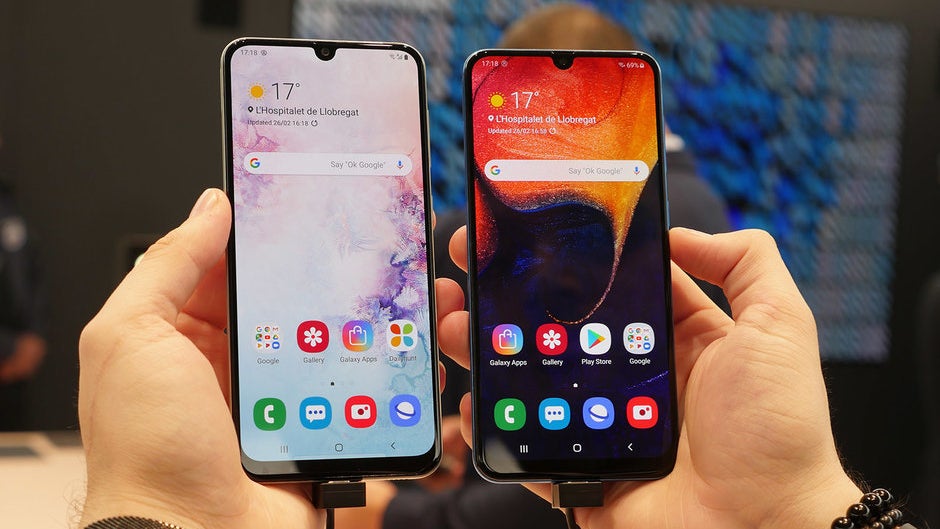After Chinese apps, Vivo & Xiaomi could suffer in India, boosting Samsung sales in the process

If you count out Samsung, India's smartphone market is dominated by Chinese brands. Analysts believe that the ongoing tensions between India and China can change that (via SamMobile).
Last month, a deadly clash between the two countries at the disputed Western Himalaya border left 20 Indian soldiers dead. China has not confirmed any fatalities. This is the first time the two have engaged in armed conflict in 45 years and it's unlikely that things will cool off anytime soon. Because of the death of its troops, the Indian government is under pressure to take a tough stance.
Industry watchers expect Chinese smartphone brands to be the next collateral damage. India is a developing country and price is a the predominant purchasing factor for mobile customers there.
Overall, Chinese companies supposedly account for 81 percent of smartphone sales in India.
Others, including Apple, make up 11 percent of the market. That said, Apple is a dominant payer in the premium category.
Demand is not the only thing standing in the way of Chinese smartphone manufacturers in India
According to Counterpoint Technology Market Research's Neil Shah, even if the negative sentiments towards China do not lead to a decrease in demand, the disturbance caused to the supply chain and manufacturing could still impact shipments. Apple's shipments are apparently already suffering.
Since Xiaomi has a huge lead over the two, Samsung does not pose an imminent risk to it. However, if the conflict drags on, Xiaomi would have reasons to worry.
In the long run, even Apple could benefit from the situation. In recent times, we have seen a shift in strategy, with the company not only reducing the starting price of its phones but also releasing the comparatively affordable iPhone SE. The manufacturer is reportedly planning to assemble the phone in India, which would help it deduct the import duty currently levied on the device and boost its demand.
Samsung is actively trying to increase market share in India
Samsung has apparently started capitalizing on the opportunity already. Within a 10-day period, the company has launched four entry-level phones in the country.
Counterpoint's Tarun Pathak believes the company will have to do more than that to attract consumers looking for an alternative to Chinese brands. He says that the company must bolster its digital presence as a lot of people now get their phones online.
Samsung is already pretty invested in its mid-range A series and the mass market M lineup and the prospects of increased demand in India will likely motivate it to increase its focus further. One of the company's upcoming phones will use a third party OLED display to drive down cost. This would be the first time Samsung sources OLED panels from another manufacturer and it just goes on to show that it's pretty committed to churning out budget phones to consolidate market share.
Having said that, India cannot realistically boycott China completely. Many in India make a living off Chinese apps. Similarly, some Chinese manufacturers, including Xiaomi, have facilities in the country that employ many people.
Follow us on Google News












Things that are NOT allowed:
To help keep our community safe and free from spam, we apply temporary limits to newly created accounts: